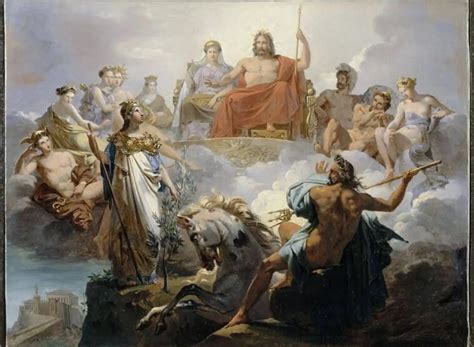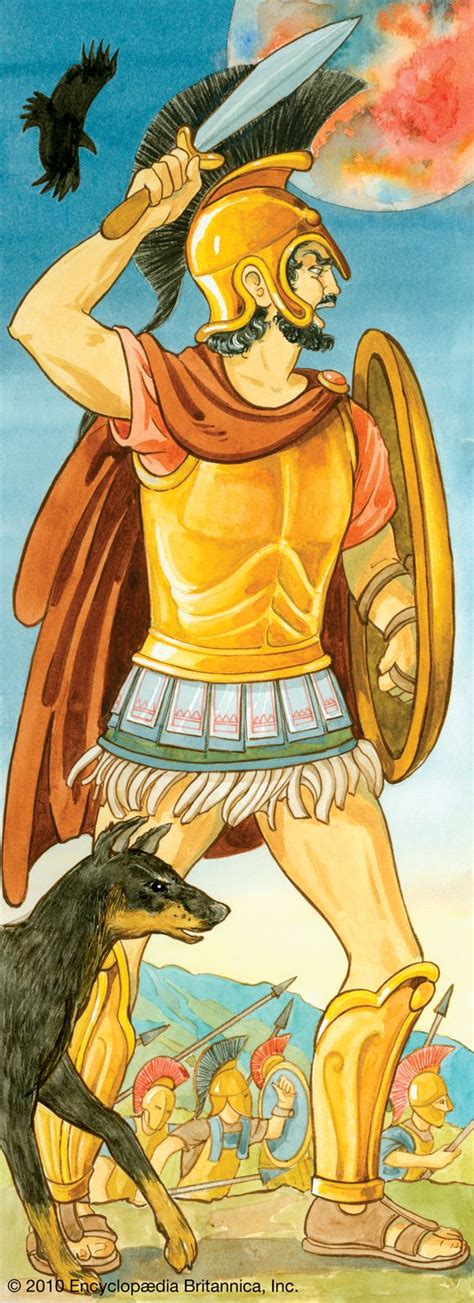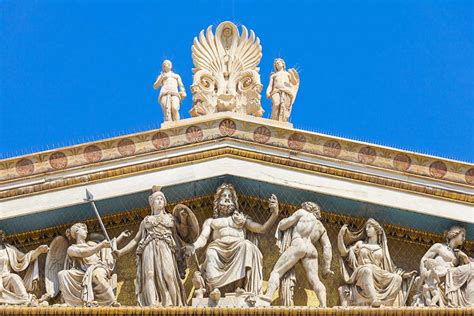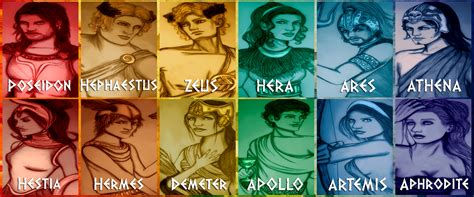aries hermes zeus afrodites chronos | Olympic Spirits: The Powers of the Seven in the aries hermes zeus afrodites chronos The Olympians were a race of deities, primarily consisting of a third and fourth generation of immortal beings, worshipped as the principal gods . See more Hail a taxi – right from your phone. Curb provides millions of rides per year with the tap of a button. ***NEW UPDATES*** - Greater Ride Details: It is now even easier and more accessible.
0 · Twelve Olympians
1 · The Relationship Between Ares and Other Greek Gods
2 · The Gods of Ancient Greece — Google Arts & Culture
3 · The 12 Olympian Gods
4 · Olympic Spirits: The Powers of the Seven in the
5 · Olympian Gods – The Ancient Greek Pantheon
6 · Cronus
7 · Chronos :: The Embodiment of Time
8 · Chronos
9 · Aphrodite vs Cronus: Heroes of Greek Mythology
Formchanges. Highwind is a Formchange in Kingdom Hearts III. It allows the user to transform the Keyblade into a halberd, allowing long-ranged thrusts.
In ancient Greek religion and mythology, the twelve Olympians are the major deities of the Greek pantheon, commonly considered to be Zeus, Poseidon, Hera, Demeter, Aphrodite, Athena, Artemis, Apollo, Ares, Hephaestus, Hermes, and either Hestia or Dionysus. They were called Olympians because, according to . See more

The Olympians were a race of deities, primarily consisting of a third and fourth generation of immortal beings, worshipped as the principal gods . See more• Ancient Greece portal• Religion portal• Dii Consentes, the Roman equivalent of the twelve Olympians• Family tree of the Greek gods• Interpretatio graeca, including a table of mythological . See moreBesides the twelve Olympians, there were many other various cultic groupings of twelve gods throughout ancient Greece. The earliest evidence of Greek religious practice involving twelve gods (Greek: δωδεκάθεον, dōdekátheon, from δώδεκα dōdeka, "twelve", . See more1. ^ Walters Art Museum, accession number 23.40.2. ^ Hansen, p. 250; Burkert, pp. 125 ff.; Dowden, p. 43; Chadwick, p. 85; Müller, pp. 419 ff.; Pache, pp. 308 ff.; Thomas, p. 12; Shapiro, p. 362; Long, pp. 140–141; Morford, p. 113; Hard, See more
It seems that in looking at the names of the spirits, or becoming focused on their planetary nature we missed that by calling them Olympic, the Arbatel was implying they were the seven main Greek gods that dwelt on .In Ancient Greek religion and mythology, Cronus, Cronos, or Kronos was the leader and youngest of the first generation of Titans, the divine descendants of the primordial Gaia (Mother Earth) and Uranus (Father Sky). He overthrew his father and ruled during the mythological Golden Age until he was overthrown by his son Zeus and imprisoned in Tartarus. According to Plato, however, the deities
In summary, Ares’ relationships with other Greek gods reveal much about his character and the themes present in Greek mythology. From his turbulent relationship with . Ultimately, the comparison between Aphrodite and Cronus highlights the diverse nature of power in Greek mythology, showcasing how concepts of love, time, and authority .
Chronos, distinct from the Titan Cronus, is the personification of time in Greek mythology. His representation as a three-headed serpent, with the heads of a man, a bull, and a lion, .
Pherecydes of Syros in his lost Heptamychos (" The seven recesses"), around 6th century BC, claimed that there were three eternal principles: Chronos, Zas (Zeus) and Chthonie (the . The most traditional Olympian gods lineup consisted of Zeus and his brothers Poseidon and Hades; their sisters Hera, Demeter, and Hestia; followed by Zeus’ children . The 12 gods of Olympus and their powers are: Zeus (supreme god), Hera (protects childbirth), Athena (wise and resourceful), Apollo (healer and musician), Poseidon (brings .
In ancient Greek religion and mythology, there were 12 gods called Zeus, Hera, Poseidon, Demeter, Athena, Apollo, Artemis, Ares, Hephaestus, Aphrodite, Hermes, and either Hestia or .In ancient Greek religion and mythology, the twelve Olympians are the major deities of the Greek pantheon, commonly considered to be Zeus, Poseidon, Hera, Demeter, Aphrodite, Athena, Artemis, Apollo, Ares, Hephaestus, Hermes, and either Hestia or Dionysus. [2] It seems that in looking at the names of the spirits, or becoming focused on their planetary nature we missed that by calling them Olympic, the Arbatel was implying they were the seven main Greek gods that dwelt on Mount Olympus. These would be Apollo, Selene, Ares, Hermes, Zeus, Aphrodite and Chronos.In Ancient Greek religion and mythology, Cronus, Cronos, or Kronos (/ ˈkroʊnəs / or / ˈkroʊnɒs /, from Greek: Κρόνος, Krónos) was the leader and youngest of the first generation of Titans, the divine descendants of the primordial Gaia (Mother Earth) and Uranus (Father Sky).
In summary, Ares’ relationships with other Greek gods reveal much about his character and the themes present in Greek mythology. From his turbulent relationship with Zeus to his romantic involvement with Aphrodite, these connections illustrate the complexity of . Ultimately, the comparison between Aphrodite and Cronus highlights the diverse nature of power in Greek mythology, showcasing how concepts of love, time, and authority intertwine to shape the destinies of gods and mortals alike.Chronos, distinct from the Titan Cronus, is the personification of time in Greek mythology. His representation as a three-headed serpent, with the heads of a man, a bull, and a lion, symbolizes the all-encompassing nature of time, touching all beings and realms.Pherecydes of Syros in his lost Heptamychos (" The seven recesses"), around 6th century BC, claimed that there were three eternal principles: Chronos, Zas (Zeus) and Chthonie (the chthonic). The semen of Chronos was placed in the recesses of the Earth and produced the first generation of gods. [10] See also. Kairos. Notes. ^ LSJ s.v. Κρόνος.
The most traditional Olympian gods lineup consisted of Zeus and his brothers Poseidon and Hades; their sisters Hera, Demeter, and Hestia; followed by Zeus’ children Athena, Apollo, Artemis, Ares, Hephaestus, and Aphrodite. The 12 gods of Olympus and their powers are: Zeus (supreme god), Hera (protects childbirth), Athena (wise and resourceful), Apollo (healer and musician), Poseidon (brings storms and earthquakes), Ares (aggressive warfare), Artemis (huntress), Demeter (brings fertility), Aphrodite (brings love and desire), Dionysos (wine and merriment), Hermes .
In ancient Greek religion and mythology, there were 12 gods called Zeus, Hera, Poseidon, Demeter, Athena, Apollo, Artemis, Ares, Hephaestus, Aphrodite, Hermes, and either Hestia or Dionysus. They.In ancient Greek religion and mythology, the twelve Olympians are the major deities of the Greek pantheon, commonly considered to be Zeus, Poseidon, Hera, Demeter, Aphrodite, Athena, Artemis, Apollo, Ares, Hephaestus, Hermes, and either Hestia or Dionysus. [2] It seems that in looking at the names of the spirits, or becoming focused on their planetary nature we missed that by calling them Olympic, the Arbatel was implying they were the seven main Greek gods that dwelt on Mount Olympus. These would be Apollo, Selene, Ares, Hermes, Zeus, Aphrodite and Chronos.In Ancient Greek religion and mythology, Cronus, Cronos, or Kronos (/ ˈkroʊnəs / or / ˈkroʊnɒs /, from Greek: Κρόνος, Krónos) was the leader and youngest of the first generation of Titans, the divine descendants of the primordial Gaia (Mother Earth) and Uranus (Father Sky).

In summary, Ares’ relationships with other Greek gods reveal much about his character and the themes present in Greek mythology. From his turbulent relationship with Zeus to his romantic involvement with Aphrodite, these connections illustrate the complexity of .
Twelve Olympians
Ultimately, the comparison between Aphrodite and Cronus highlights the diverse nature of power in Greek mythology, showcasing how concepts of love, time, and authority intertwine to shape the destinies of gods and mortals alike.Chronos, distinct from the Titan Cronus, is the personification of time in Greek mythology. His representation as a three-headed serpent, with the heads of a man, a bull, and a lion, symbolizes the all-encompassing nature of time, touching all beings and realms.
Pherecydes of Syros in his lost Heptamychos (" The seven recesses"), around 6th century BC, claimed that there were three eternal principles: Chronos, Zas (Zeus) and Chthonie (the chthonic). The semen of Chronos was placed in the recesses of the Earth and produced the first generation of gods. [10] See also. Kairos. Notes. ^ LSJ s.v. Κρόνος. The most traditional Olympian gods lineup consisted of Zeus and his brothers Poseidon and Hades; their sisters Hera, Demeter, and Hestia; followed by Zeus’ children Athena, Apollo, Artemis, Ares, Hephaestus, and Aphrodite. The 12 gods of Olympus and their powers are: Zeus (supreme god), Hera (protects childbirth), Athena (wise and resourceful), Apollo (healer and musician), Poseidon (brings storms and earthquakes), Ares (aggressive warfare), Artemis (huntress), Demeter (brings fertility), Aphrodite (brings love and desire), Dionysos (wine and merriment), Hermes .

givenchy rouge interdit 2017 swatches

Become a Redditor. and join one of thousands of communities. ×. 1. 5. MASSIVE SOUND CLASH PLAYLIST!!! [JUST HIT SKIP IN TOP RIGHT AND IT WILL TAKE YOU THERE!] ( cur.lv) submitted 10 years ago by [deleted] to r/soundclash. comment.
aries hermes zeus afrodites chronos|Olympic Spirits: The Powers of the Seven in the


























